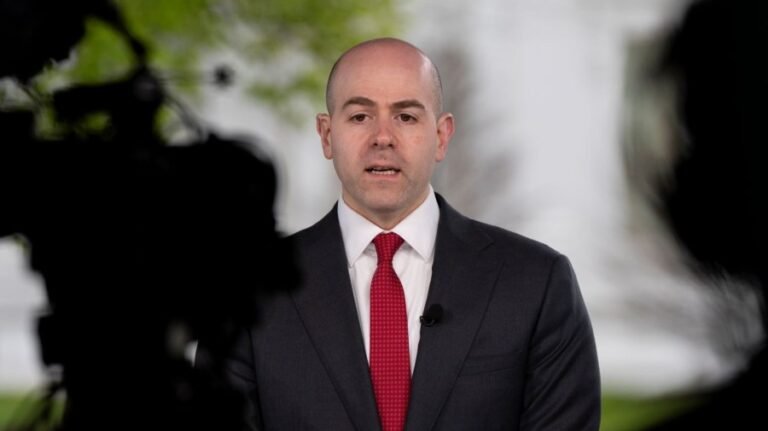
There’s a certain irony in completing the financial surveillance procedures the government requires Airbnb to impose on its hosts. Right along with snapping and submitting a selfie for automatic verification against the required government-issued identification, Airbnb occasionally asks for a guest’s country of citizenship, too.
It is literally the United States, but is it really the United States? In so many ways, we have become a banal pseudo-security state that betrays our founding ideals.
Sure, “the land of the free and the home of the brave” has always been self-flattering and aspirational. The line was lent to our national anthem from Francis Scott Key’s poem, “Defence of Fort M’Henry,” recalling the War of 1812.
That war involved actual death, destruction and threats to the territorial integrity of the United States. The English captured Washington and burned the Capitol before American victories at Baltimore and Plattsburgh set the British back. Andrew Jackson led American forces in repelling a British attack on New Orleans.
If you could transport the minds and collective spirit of those Americans to this day, would they have meekly submitted their data to administrative security systems that treat them as prospective suspects in relatively pitiable crimes and wrongs?
There is a lot packed into such a broad question. Let’s sharpen it through the language of risk management.
In true wars, the nation-state suffers existential risk, literal threats to control of its territory. How we scope conflicts has a lot to say about such things, but arguably there has not been a threat of that direct significance to the U.S. since, well, the War of 1812.
The two World Wars triggered an expansive sense of our national interest, which is now on the outs. Perhaps the threat of nuclear war counted as an existential threat — global annihilation, in that case, until the Soviet Union fell.
When terrorism brought itself into sharp focus a quarter century ago, we figuratively declared a figurative war on it, which, for all the incoherence of fighting a strategy, has been a substantial success. Witness the implicit downgrade terrorism has suffered through the addition of drug cartels to the ranks of “terrorists.”
Doing so keeps the category alive. Many meanings can be poured into the recently declassified word salad called the “Strategic Implementation Plan for Countering Domestic Terrorism.” Mine is that the domestic terrorism threat is low enough that we can use it to push AmeriCorps.
Financial surveillance under the Bank Secrecy Act came into existence out of concern for tax evasion through Swiss bank accounts. Because Congress delegated broad authority in that statute, bureaucratic hands have molded financial surveillance to meet every moment, including making it a part of the counterterrorism arsenal when our politics called for that.
The title of this post is a risk manager’s absurdity. Terrorists don’t use Airbnb to gain an advantage over our society, not to an extent worth spending time and compromising America’s privacy and digital security.
But Airbnb is every bit a part of the financial surveillance infrastructure. Our security state has become utterly banal.
With security benefits vanishingly small, the threats are somewhat sizable. Up front might be the identity fraud risk bestowed on every Airbnb host now that they have submitted key identity documents digitally to yet another database.
There is the remote but plausible risk that mass financial surveillance will be turned over to the use of government control in our uncertain future. We have only to look to China’s “social credit” system to see what that looks like.
There are many ways to think about all this. One is that our society has not matured into its media environment.
Access to imagery from every big auto accident is available nationwide. Any urban explosion we can now see from six different angles. Those dynamics make us white-knuckled exaggerators of security risk.
Our politicians and bureaucrats have every reason to indulge us and try to drive risk, impossibly, to zero. In their media environment, there is essentially no incentive to man up and put security threats in perspective.
I say “man up” in the non-gender-specific sense, of course, because it could as easily be a leading woman who calls out the absurdities and tells our nation to grow a pair. But I look forward to the day when we put aside false machismo addressed to inflated threats, cancel misdirected domestic surveillance programs and stand tall, the soil under our feet again constituting a land of the free and home of the brave.
Jim Harper is a nonresident senior fellow at the American Enterprise Institute, focusing on privacy issues.


